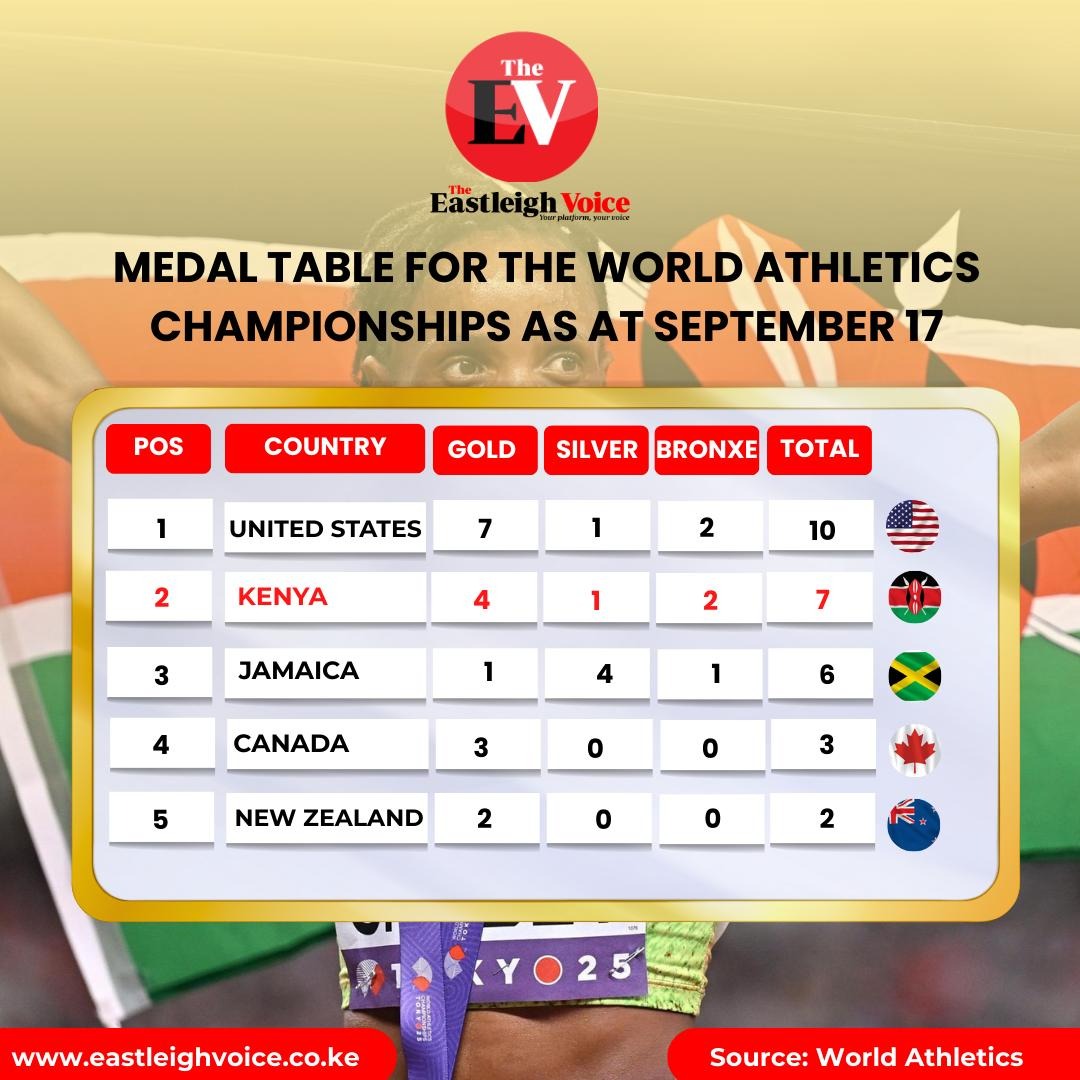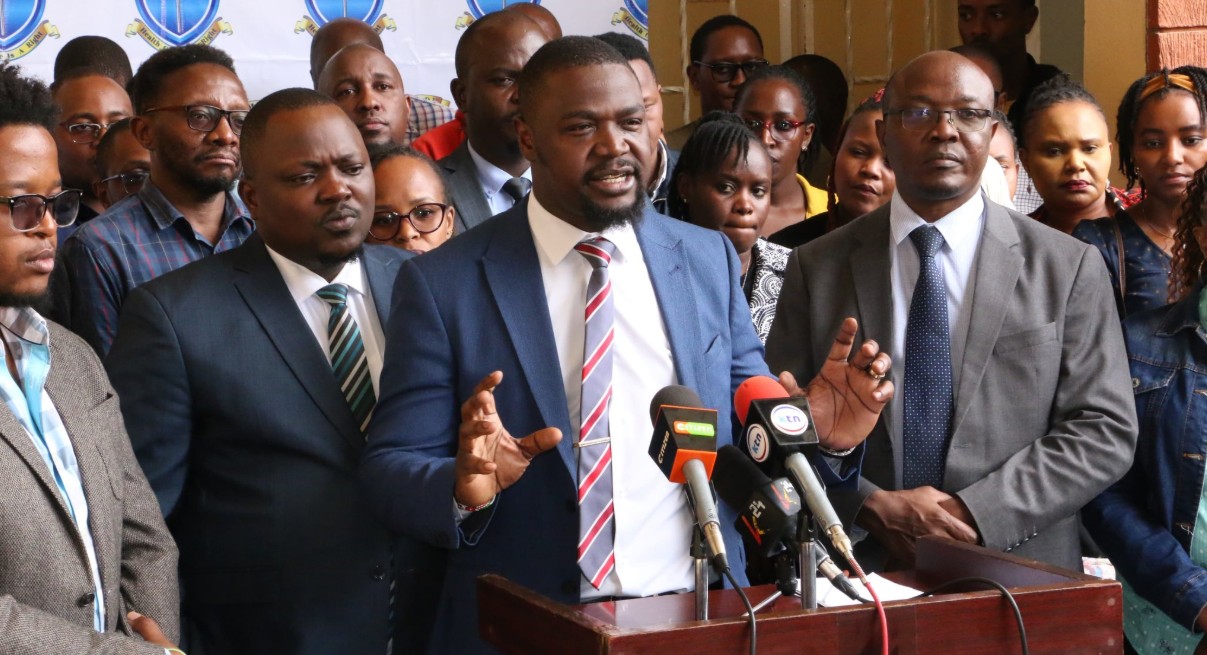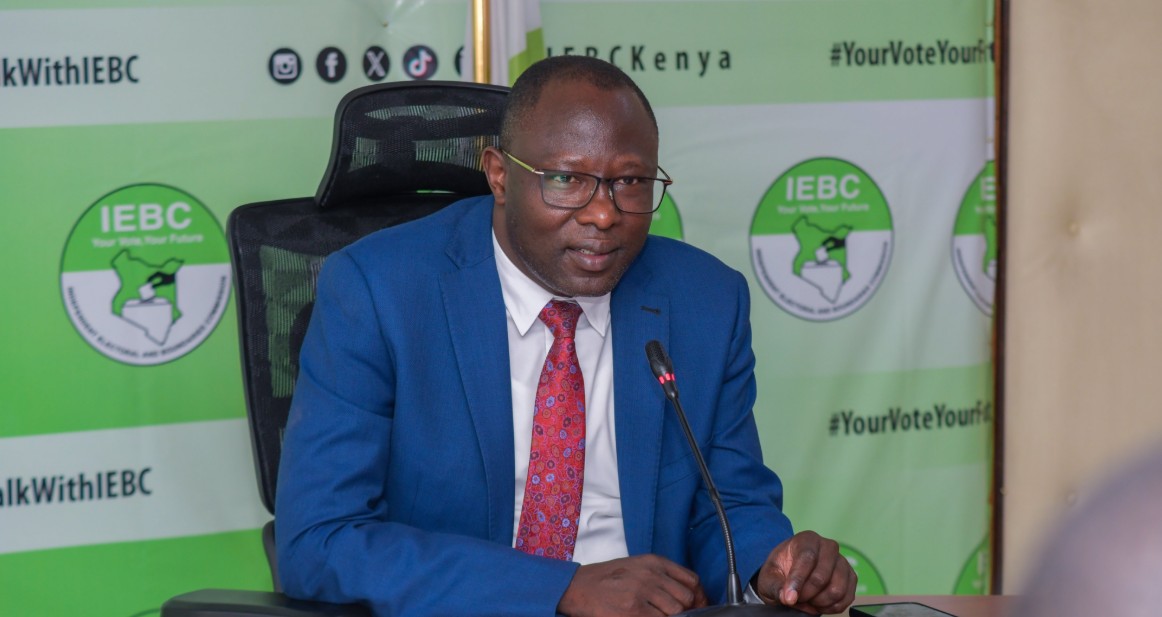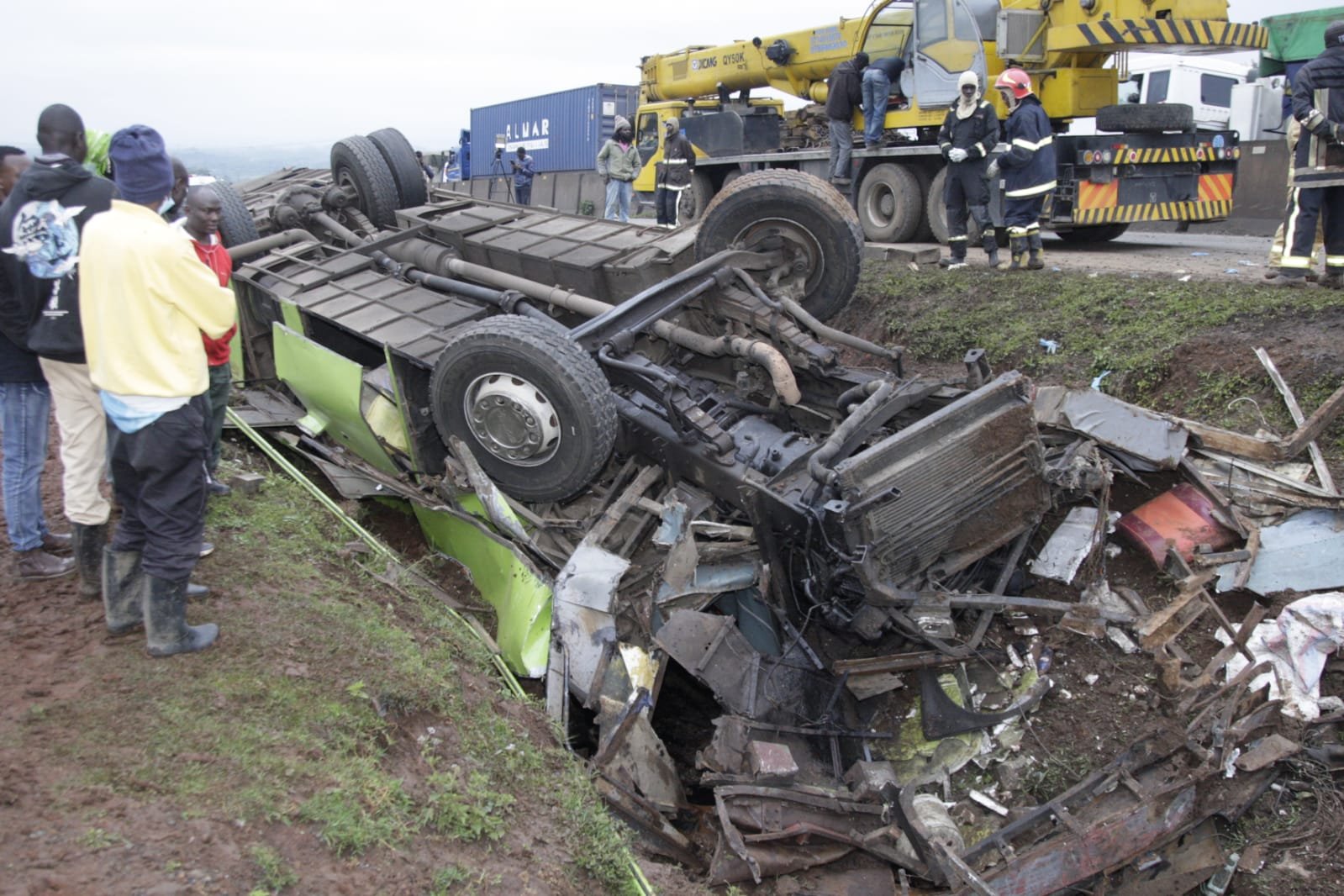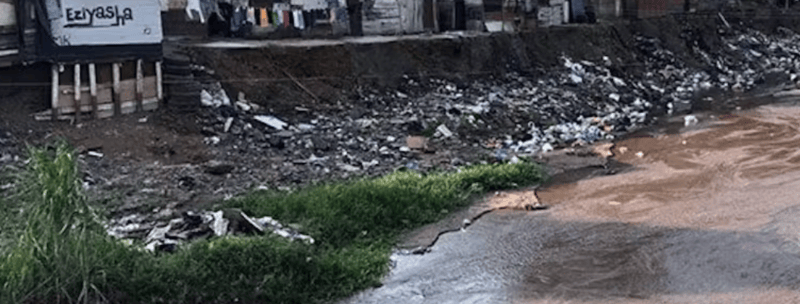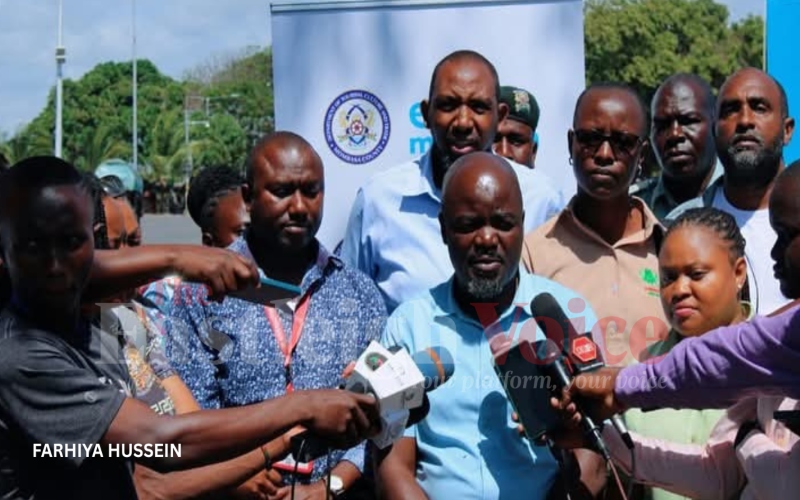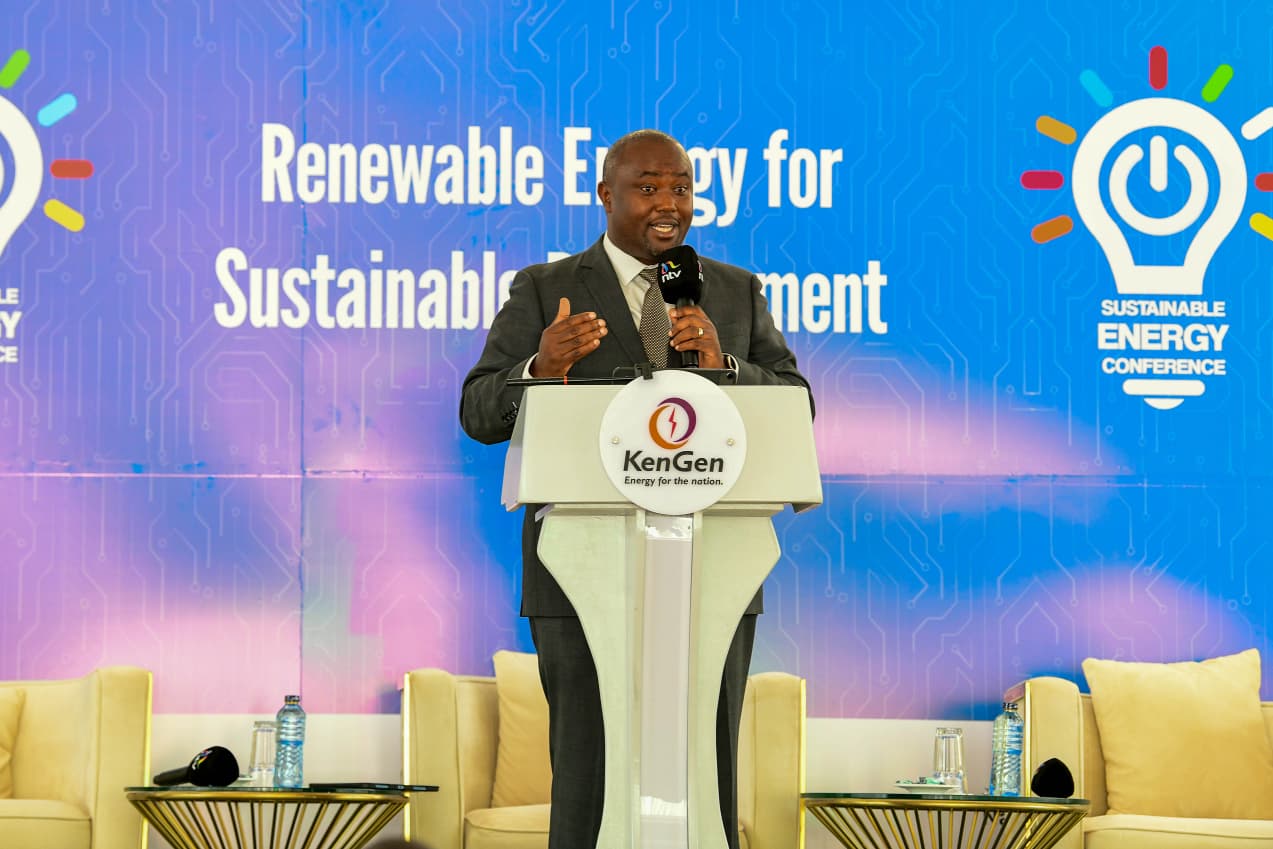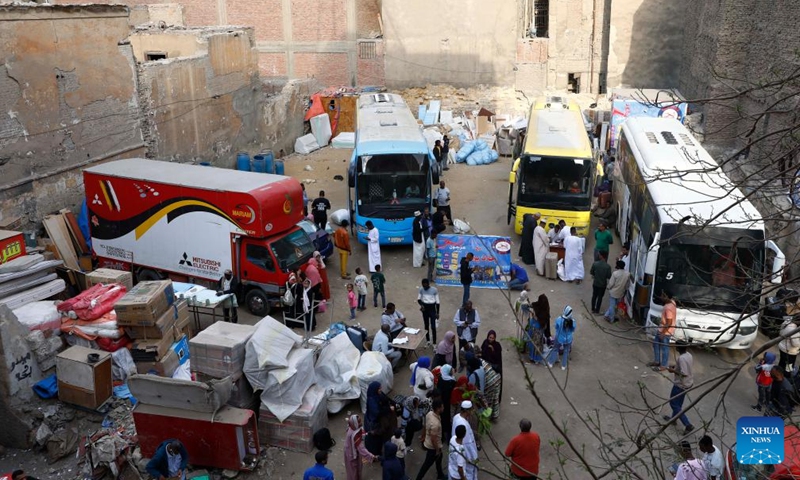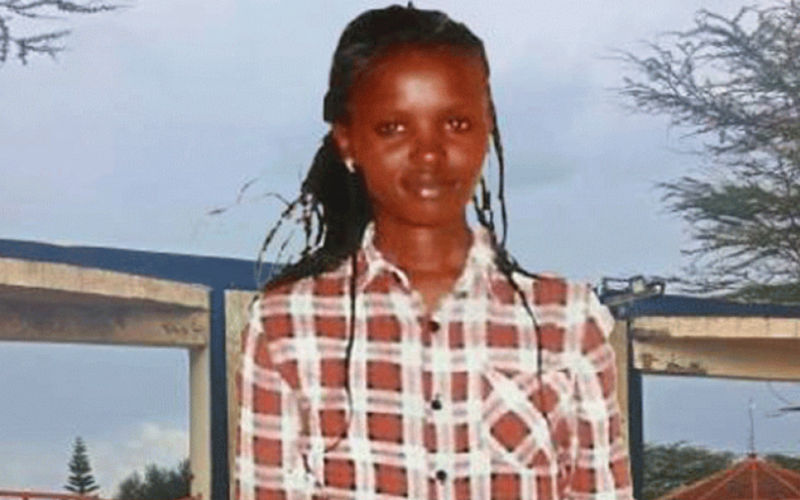Africa faces high debt burden as donors turn into lenders - UN report

In 2012, concessional loans sent to Africa stood at 28 per cent, an indication that donors are increasingly resorting to lending instead of donating.
Donors including developed nations and organisations across the globe that have been supporting African countries with grants are now shifting to offer loans, a trend likely to further dampen the continent's debt crisis.
According to a report by the United Nations Conference on Trade and Development (Unctad) titled A World of Debt, a growing share of aid is now being provided through concessional loans rather than grants.
It says the share of Official Development Assistance (ODA), given through loans, has risen by about seven per cent since 2012. ODA is government aid that promotes and specifically targets the economic development and welfare of developing countries.
More To Read
- Uganda eyes Sh46 billion loan to finance key infrastructure projects
- Governance weaknesses stall Africa’s development, World Bank warns
- Green investment rises as lenders pump Sh18 trillion into climate finance
- Kenya deviates from debt plan, risks debt trap amid soaring interest payments – CoB
- CBK: Microfinance banks struggling with loan defaults amid shrinking deposits
- Sidi Ould Tah takes helm at AfDB, unveils 100-day reform plan
Currently, it is estimated that about 34 per cent of what comes to Africa as ODA is packaged as concessional loans and not grants, as was the norm previously.
In 2012, concessional loans sent to Africa stood at 28 per cent, an indication that donors are increasingly resorting to lending instead of donating.
On the other hand, resources allocated to actions related to debt, including debt relief, swaps, restructuring, and others, have hit a historical low, falling from approximately Sh530 billion (USD4.1 billion) in 2012 to only Sh38 billion (USD300 million).
"This has pushed countries that have traditionally relied on aid into a debt crisis, with many countries on the continent now spending more money on interest payments for their debts than vital sectors such as health or education," the report reads.
Notably according to the report, public debt in developing countries is rising at twice the rate in developed countries.
In 2023, public debt in developing countries reached around Sh3.7 trillion (USD29 trillion), accounting for 30 per cent of the global total.
"This is a substantial increase from a 16 per cent share in 2010 and reflects the rapid growth of public debt in developing countries."
President William Ruto and other African heads of state have been championing increased funding to the continent, warning that the developing nations' debt situation was worsening.
Speaking at the African Development Bank Group (AfDB) 2024 Annual Meetings at the Kenyatta International Convention Centre (KICC) in Nairobi on Wednesday, May 29, Ruto stated that African governments are increasingly sourcing funds to curb climate change effects rather than allocating the money to development projects.
“Climate change and sovereign debt are interconnected, trapping governments in a vicious cycle where increasing losses and damage from climate impacts lead to rising costs of mobilising resources for public investments,” Ruto complained, adding that climate change is a threat multiplier, with its direct impacts and related responses negatively affecting the fiscal position of African governments through reduced revenues and increased public spending.
In May 2024, he called upon developed nations, the World Bank, the International Monetary Fund (IMF) and other lenders to restructure their financial policies targeting African countries, advocating for a more inclusive approach.
He added that the current financial system is unfair, noting that it neglects the interests of developing countries. Such reforms, he emphasised, would enable underserved countries to advocate for mutually beneficial outcomes, such as the allocation of additional resources for concessional loans.
Top Stories Today
- IEBC warns budget shortfall could disrupt 8 critical by-elections
- Government invests Sh41 billion to boost Mombasa port cargo capacity
- MPs urged to end seven-year ban on new power deals to avert rationing
- Over 3,300 Kenyans killed in road crashes in first nine months of 2025 - NTSA
- Nairobi County workers directed to stay home over unpaid salaries
- Doctors get Sh3.5 billion salary arrears after seven-year wait

